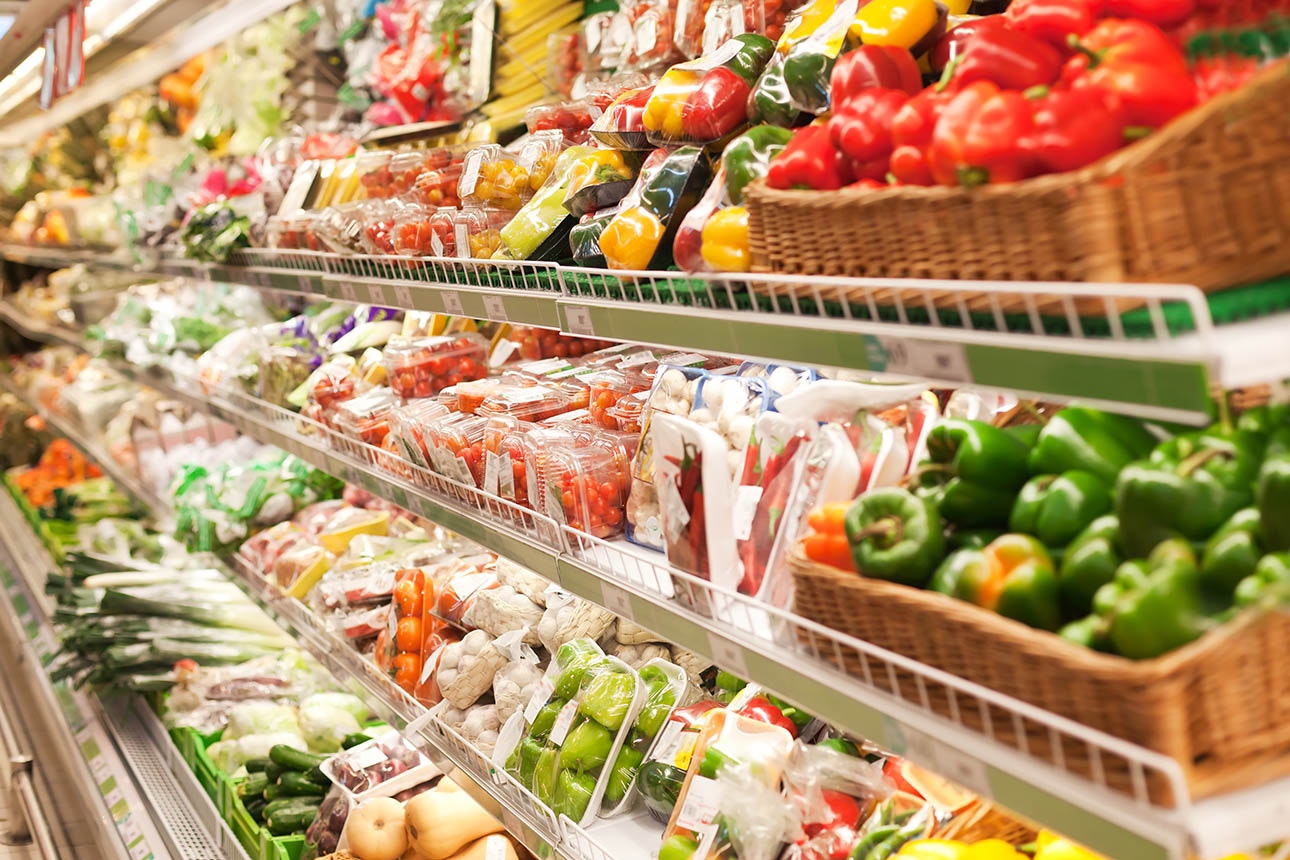
By Kate Harvey
Content Manager | Pou Whakahaere Ihirangi
It’s packaged like butter, sits between blocks of butter in the supermarket chiller and, up until a few days ago, was being called butter by New World.
But the new Flora product that’s hit supermarket chillers recently is a table spread. Its main ingredients are vegetable oils, and it contains no dairy.
While the product’s packaging makes it clear the product is dairy free, New World’s price tag and website were both calling it butter.
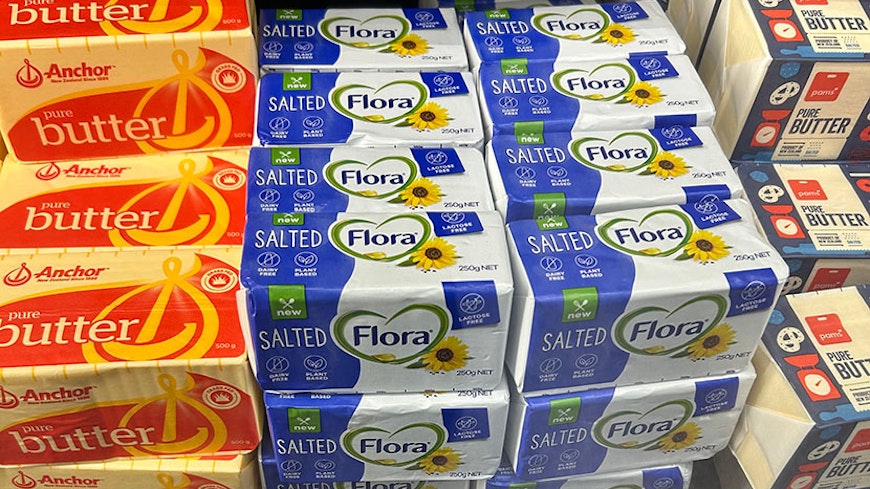
We told the supermarket chain’s owner, Foodstuffs, we thought that labelling could be misleading customers. We thought consumers could mistakenly buy the product thinking it’s butter – especially because it’s packaged in typical butter style.
Foodstuffs initially asked for some time to consider our request to drop the word ‘butter’ while they worked out their stance. Head of external communications, Stefan Herrick, said they’d taken the name from the supplier’s description, and he showed us examples of other websites that also called dairy-free spreads ‘butter’.
“This naming convention is widely used, both globally and here in New Zealand. Terms like ‘plant-based butter’ or ‘vegan butter’ are commonly used by suppliers and retailers alike. A quick google search shows major brands use “butter” prominently in their names for non-dairy spreads, reflecting how mainstream this language has become,” Herrick said.
In the end though, Foodstuffs agreed to drop ‘butter’.
The price tags instore have now changed their wording from Flora Dairyfree Salted Block Butter to Flora Salted Block.
On the New World website, the product was being called Flora Salted Butter.
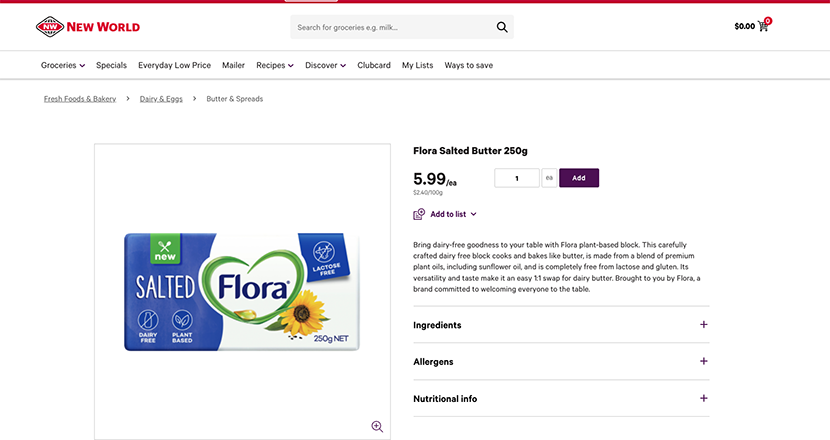
After we contacted Foodstuffs, they changed it to Flora Plant Based Salted Block Butter before then deciding to drop the word ‘butter’.
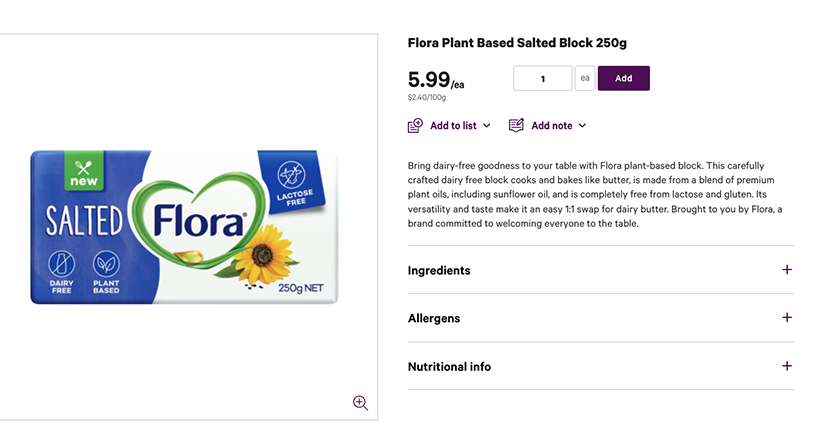
“In cases such as the one you’ve highlighted, the use of the word ‘butter’ may give the impression the product is actual dairy butter,” Herrick said.
“We’ll continue to work with our suppliers to ensure descriptions are as clear and helpful as possible, but it’s also important to recognise that the terminology used is, in many cases, driven by the product branding itself and understood in that context by many consumers.”
Woolworths has since started selling the same Flora product and calls it ‘Flora Salted Block’. In Australia, where the product is made, Woolworths calls it ‘Flora Lactose Free Block Salted’, and Coles calls it ‘Flora Block Salted’.
Kimberly Crewther is the executive director of the Dairy Companies Association of New Zealand (DCANZ), the dairy industry’s representative body. She said calling a table spread butter was “inconsistent” with the Food Standards Australia New Zealand code.
The code says that, to be sold as butter, a product must be derived exclusively from milk and products obtained from milk (with the exception of four additions, including water and salt) and contain no less than 80% milk fat.
“The purpose of the code is to protect consumers from being confused or misled and ensure there are fair practices in food trade. The New Zealand dairy industry is frustrated by non-dairy products that contravene the code by attempting to leverage dairy terminology on their labels and promotions,” Crewther said.
“Vegan cheese, dairy-free mozzarella, coconut yoghurt and dairy-free milk are some examples of this. Describing a product in these terms is contradictory when the definitions of cheese, milk or yoghurt are, by their very nature, neither vegan nor dairy-free.”
However, there is currently an exemption to the code that lets some foods use a name, despite it not meeting the definition, if people aren't likely to think it is actually that food.
“Our understanding has always been that this exemption was designed to provide for the traditional use of defined terms such as peanut butter,” Crewther said.
“But there is increasing creep in the use of dairy terms to promote new products that are not dairy based and are clearly being positioned in the market as substitutes for dairy. We are concerned such leveraging of terminology by these substitute products will make it even more difficult for consumers to make informed choices.”
Cost of butter got your stomach churning? Check out our 10 ways to get around the crazy cost of butter.
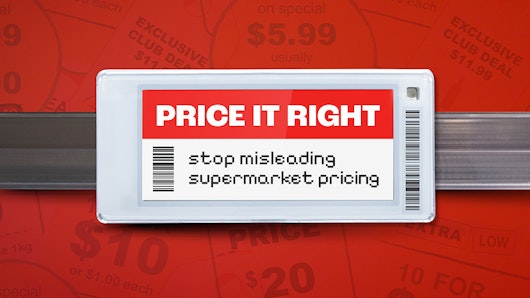
Make supermarkets price it right
Find out about our campaign to tell the government we need clear rules, stronger penalties and automatic compensation for shoppers.
Comments
Was this page helpful?
Related articles
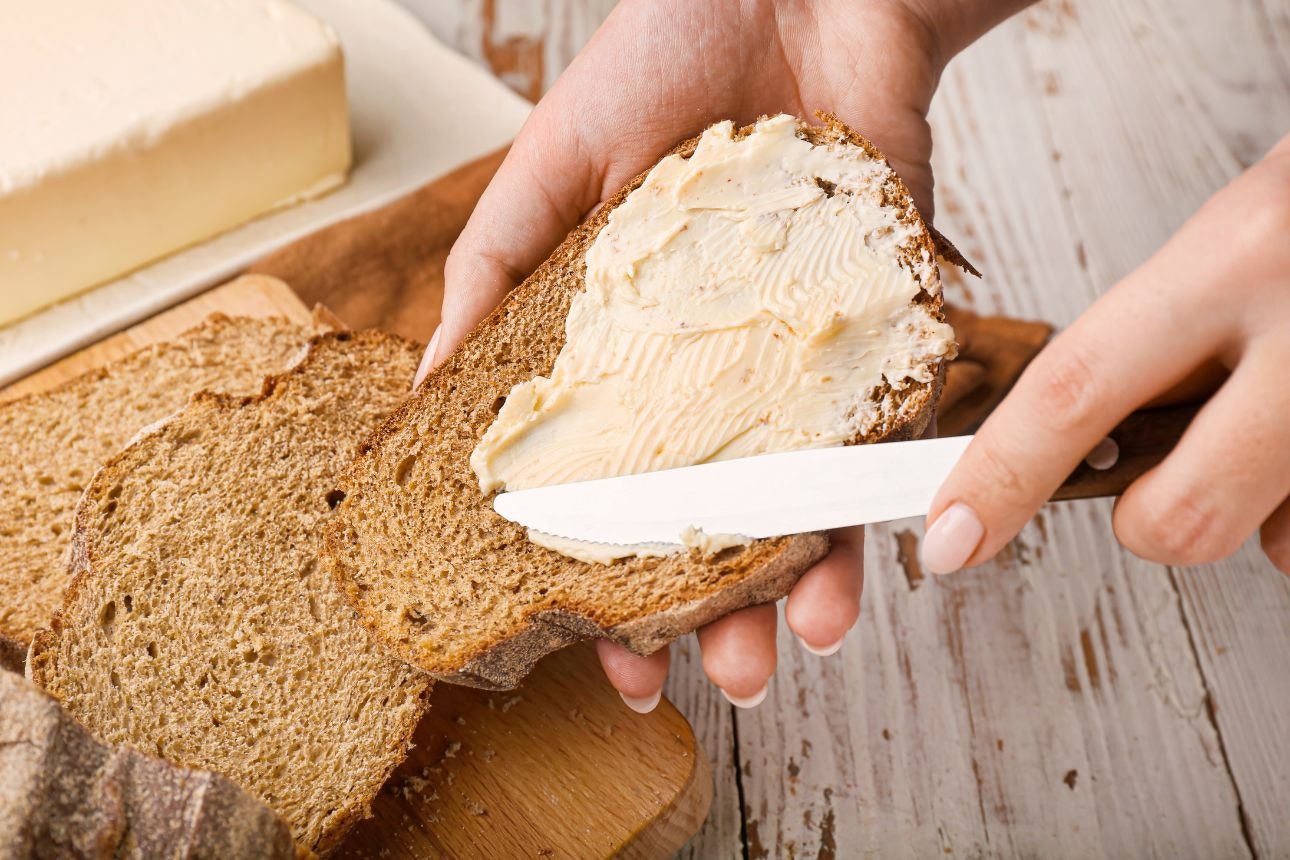
Butter or margarine: Which table spreads are best?
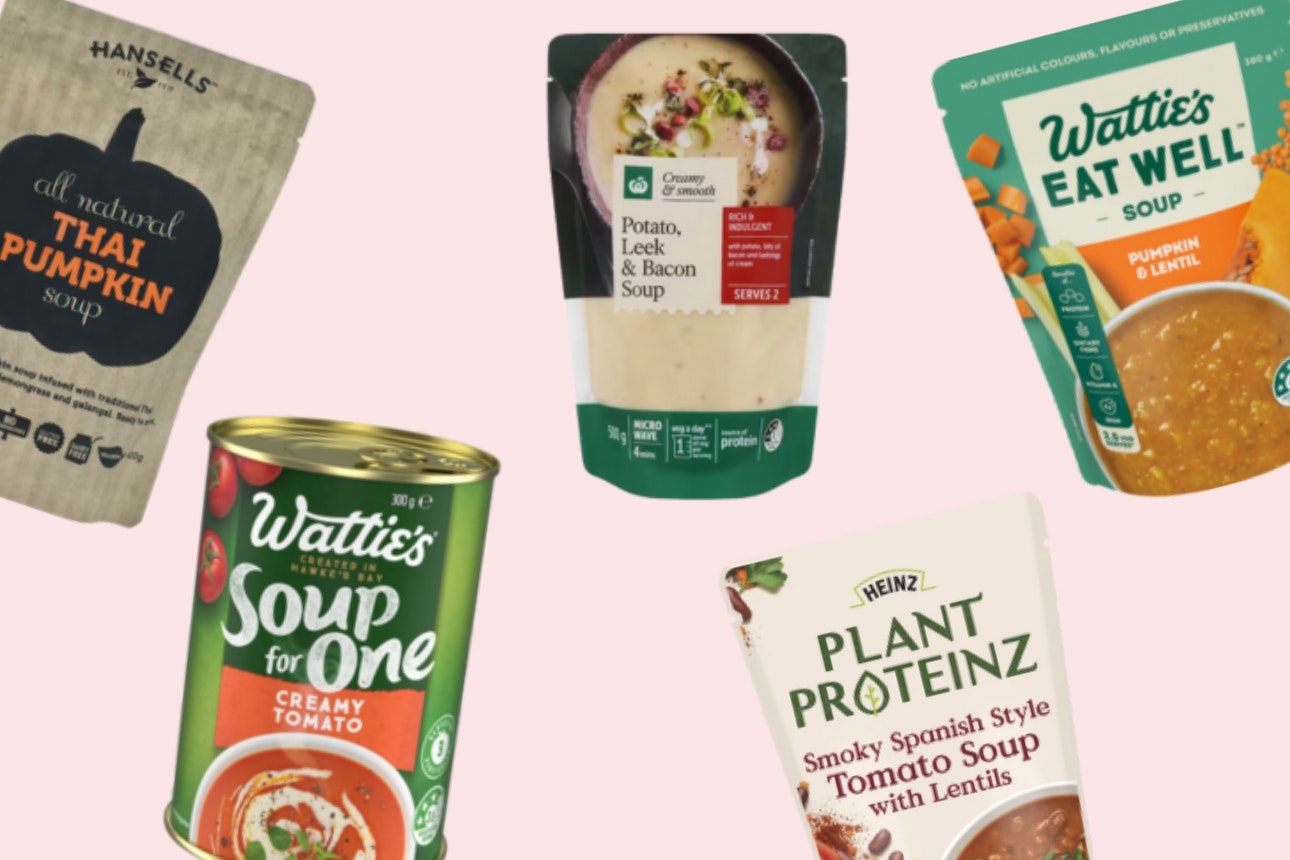
The best and worst ready-to-eat soups at your supermarket
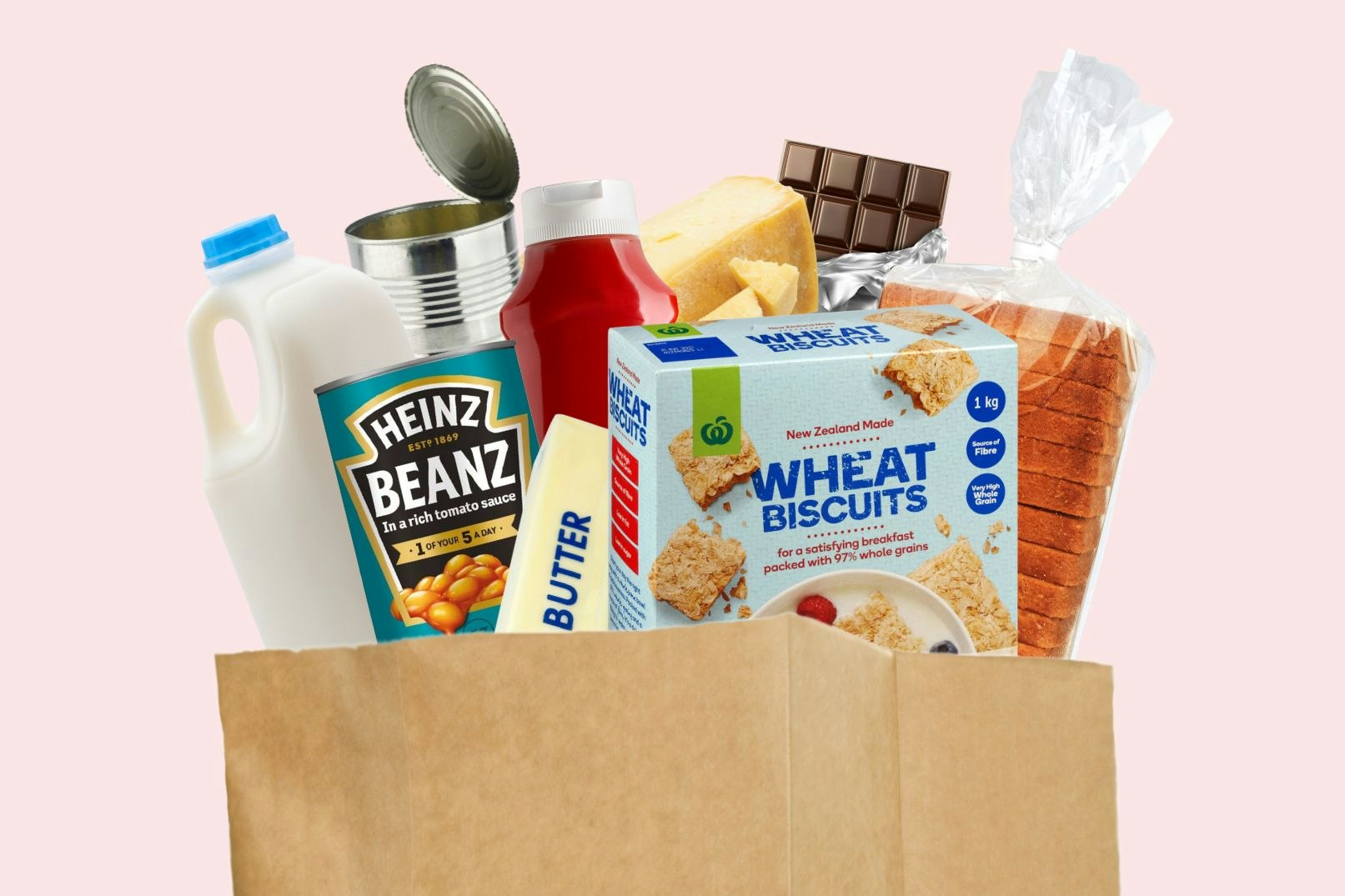
Home brands vs private labels: Which supermarket products offer value for money?
